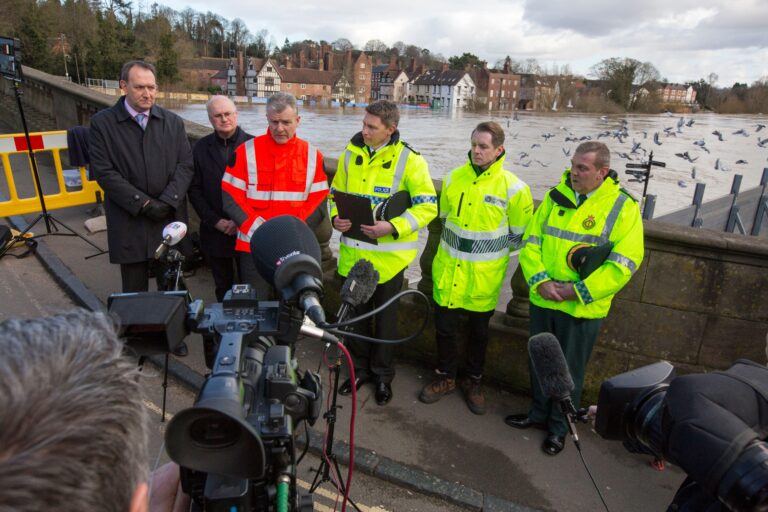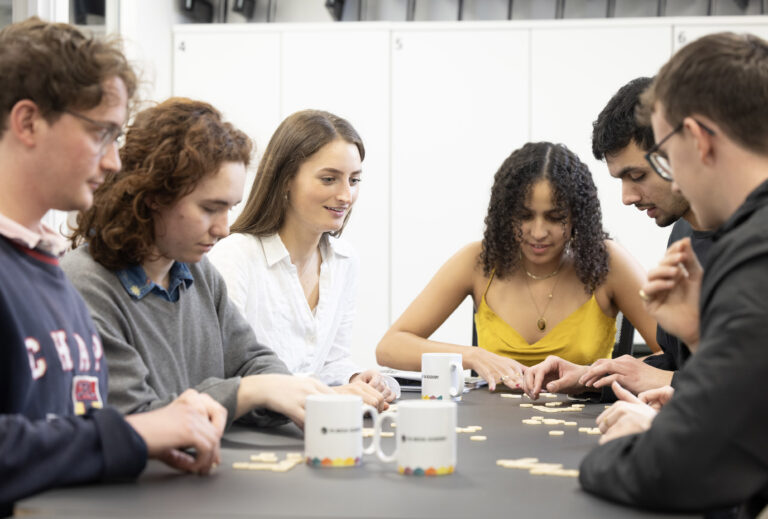With the rapid spread of mis- and disinformation and the ease of sharing unverified stories across social media and digital platforms, newsrooms face growing challenges in separating fact from fiction.
Fake news, deepfakes, and manipulated content can quickly gain traction online, misleading audiences and creating potentially serious real-world consequences.
Digital verification skills equip journalists with the tools and techniques needed to detect and debunk mis- and dis-information before it reaches the public. Reverse image searches, metadata analysis and geolocation are just some of the essential practices needed for reliable reporting.
Ethical reporting requires diligence in verifying all aspects of a story, including the accuracy of images, videos, and social media posts. Developing strong digital verification skills allows journalists to navigate complex situations where false information may be intertwined with facts.
By mastering digital verification, journalists can ensure they provide accurate, well-sourced stories. Newsrooms that prioritise these skills demonstrate a commitment to delivering quality journalism and maintaining high ethical standards, which is crucial in an era when audiences are increasingly sceptical.
By staying up to date on the latest verification techniques, journalists can better adapt to the changing landscape and continue to provide accurate, trustworthy information.
PA Media Academy recognises the need for newsrooms to have digital verification skills and will be offering free digital verification training for journalists and teams in November and December 2025.
This two-hour, interactive training places delegates in charge of an imagined newsroom during a breaking news scenario, allowing them to practice essential skills including corroborating information and sources, geolocating images from background clues, and identifying signs of AI-generated or digitally manipulated content.


